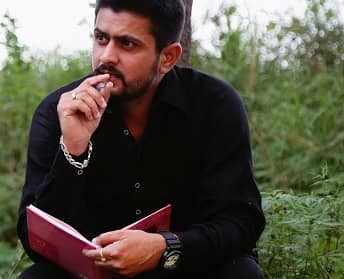| Back to Back Issues Page |
 |
|
Language Learning Made Easy(er)- English Detective 133- & link for 134 August 06, 2019 |
Language Learning Made Easy(er)Language learning isn’t easy. But finding activities you enjoy and making them part of your daily life can make it MUCH easier!
How Polyglots Learn LanguagesThis TED talk on the Secrets of Learning a New Language is funny, inspirational, and useful as well. She tells how different polyglots (people who have learned multiple languages) learn a new one. They use almost every approach imaginable, from emphasizing casual conversations to playing with flash cards to starting with the sounds of the language.So, what do they have in common? They have all chosen approaches that they love—that they’re willing to practice over and over. They also build that practice into the routine of their days. A little systematic practice every day adds up to big language gains after a few months. Best PracticesFluent in 3 months suggests answers to some big questions in language-learning: how to speak more like native (the answer involves both ear and muscle training), the best way to learn vocabulary, whether it’s really necessary to study grammar, etc.Most of its answers are a kind of compromise between the arguments of different language-learning camps. It suggests some practical tips as well. Like the TED talk, it emphasizes the importance of motivation. You won’t get fluent without it! Incidentally, newsletter 121 links to another helpful article on the subject: 3 Habits of Successful Language Learners. It’s the link on Duolingo research that is a little above the picture of the tortoise and the hare. (The basic conclusion is that consistent, frequent, short study periods work best. “Slow & steady wins the race.”)
There’s no vocabulary practice in this issue because the recommended reading uses mostly common vocabulary—and because the next, related, issue will have a lot of vocabulary to think about (probably including a crossword puzzle.) Coming in the next issue: How Language Affects Thinking Warmly, Catherine Simonton, EnglishHints.com A Quick Note about English Detective 134For #134 on How Language Affects Thinking, there were too many great links to include in a newsletter, so I wrote a brief text and linked to a page on EnglishHints written especially for it.It's The Relationship Between Thought and Language. All the links are interesting, but if you only have time for one, watch or read the first (a TED talk by Lera Boroditsky.) You don't want to miss it!
|
| Back to Back Issues Page |
